Tour de France 2014: The toughest start for 40 years
The Cyclingnews 10 day countdown starts here
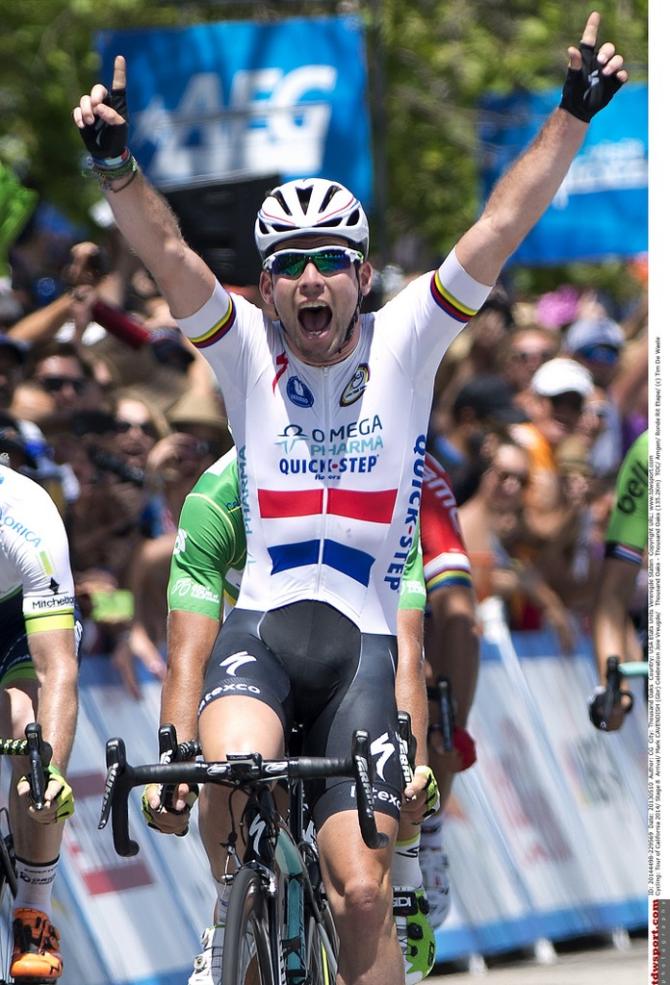
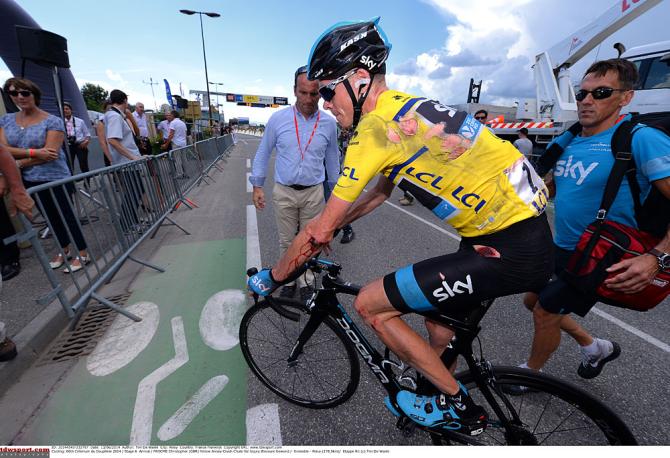
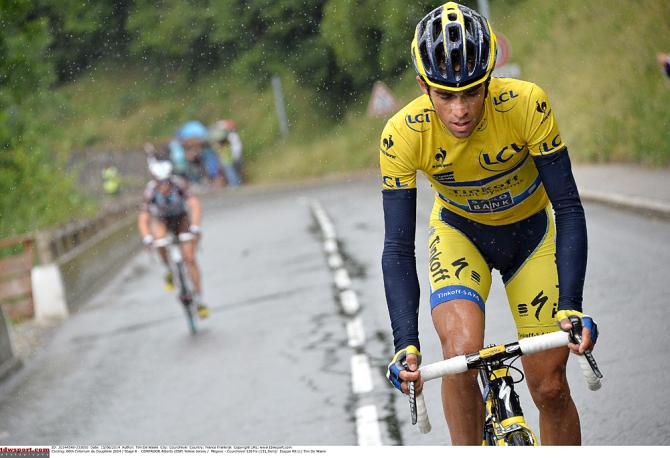
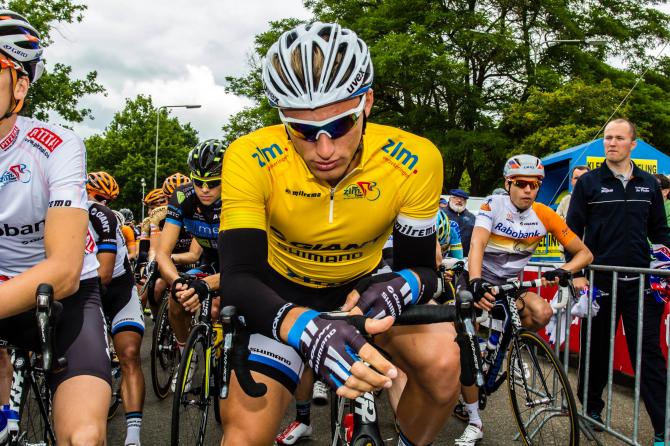
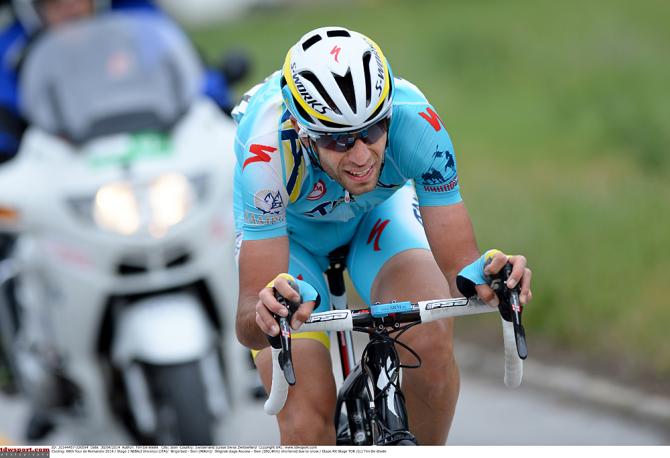
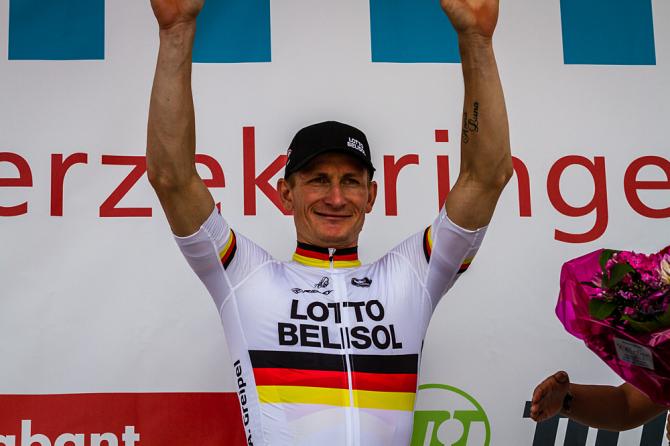
There has been plenty of hyperbole surrounding the 2014 Tour de France's start in Yorkshire. After all, Yorkshire folk like nothing better than talking up the many undoubted qualities of what they describe as "God's own county."
Among the many assertions has been the claim that this year's Grand Départ is the toughest ever from the racing standpoint. While this may not quite be true, you have to go back to 1977 to find a more challenging opening to the Tour.
That year, the race started in Fleurance, just to east of Toulouse, deep in south-west France. After a prologue won by West German Didi Thurau, father of Europcar’s Bjorn Thurau, the riders faced a 237km stage to Auch, followed by an epic eight-hour ride covering 253km that took them over the Aspin, Tourmalet and Aubisque to Pau, where Thurau won again. Stage three was another very long one of 248km through the mountains to Vitoria, from where the riders returned to France on a 256km run that took in the Jaizkibel climb that is the main difficulty of the San Sebastián Classic.
All that climbing over such great distances instantly brought the main contenders for the yellow jersey to the top of the leaderboard. Going into stage five, Thurau led Eddy Merckx by eight seconds, with Michel Laurent third at 13, Lucien Van Impe fourth at 14, Joop Zoetemelk fifth at 18, and eventual winner Bernard Thévenet sixth at 19 seconds.
It is clear that Tour de France director Christian Prudhomme and his route director Thierry Gouvenou are hoping that the start of this year's route will see the cream rise to the top in the same way. Although that is unlikely to happen on stage one to Harrogate, where the sprinters should hold sway, the tight and twisting roads through Wharfedale, Wensleydale and Swaledale in the Yorkshire Dales National Park will test the mettle of all those in the peloton.
Any rider who suffers a puncture, mechanical or crashes on these roads is going to have to chase frantically to get back into the pack, which, it should be noted, will be 198-strong, just two riders short of being twice the size of the peloton that set out from Fleurance in 1977. That's a lot of bikes and bodies to cram into Yorkshire's narrow lanes, especially as only a very small number of riders will have experience of racing on these roads.
The latest race content, interviews, features, reviews and expert buying guides, direct to your inbox!
Leeds-based NetApp-Endura pro Scott Thwaites, who trains regularly on these roads, says:"I don't think the climbs are a big challenge, but they will be slightly different to what a lot of riders are used to. Nevertheless, it's odds on to be a sprint as there are 50km at the end when the sprinters' teams can chase down the break. But it's not an easy flat stage. It's rolling all the way, even towards the finish, which will make it tougher when it comes to the sprinters' teams getting organised and giving lead-outs."
Stage two, of course, is the day mostly responsible for those "toughest ever" claims. After completing a recce in the spring, Giant-Shimano's riders described it as being as tough as Liège-Bastogne-Liège. Team leader Marcel Kittel went even further, suggesting that the roads in Yorkshire are too dangerous for the Tour de France.
Yet Belkin DS Merrijn Zeeman insisted during his own recce that Giant's riders were wrong on both counts. "Maybe for Giant-Shimano it's like Liège-Bastogne-Liège, but not for Bauke Mollema and Chris Froome,” Zeeman told Cyclingnews. "Sure, it's a hard day, but Liège is 260km and has a very different parcours."
Zeeman described the stage between York and Sheffield as one of those days when "you're not going to win the Tour, but you could lose it." He continued: "I think the favourites will be together, but some of them won't be there. When you're doing 3,000 metres of climbing, the fatigue builds up, and on the final 35km there are narrow roads, the peloton will be nervous."
NFTO pro Russ Downing, who advised on the routing of this stage, agrees with Zeeman's assessment. "The climbs on the first stage might be long and look good on the television, but they're in the middle of the stage, so they won't really have an impact on the overall outcome," says the former Team Sky rider. "On stage two there are so many ups and downs to deaden your legs, and most of them are not are even categorised. The stage description will say there are however many categorised climbs, but there'll be at least as many again that haven't been categorised and therefore won't be mentioned."
Most of those ramps fall in the final 50 kilometres after the riders have bulleted down Woodhead Pass. "There'll be two races going on at this point," says Downing. "One for the stage victory, involving maybe the Classics guys, or perhaps strong domestiques, and one to protect the GC riders from losing time to each other."
The already infamous ramps of Sheffield's Jenkin Road provide a final kick in the teeth prior to the closing 5km, which will be the first flat section of road the riders will have seen for some hours.
After that, the stage into London should be a picnic, as should stage four to Lille, assuming the wind doesn't get up as it can in the Pas de Calais. That brings us to stage five and no fewer than nine sections of Paris-Roubaix's pavé. Alberto Contador is one of the main contenders for the Tour title who's wary of it. "It's a complicated day, a bit of a lottery, and we'll only be able to pass judgement on it once it's behind us," he told Procycling.
"It's going to be a spectacular stage to watch on television, but it won't be so good to experience as a rider. We're just hoping that we come out of it without suffering any kind of losses, without having any kind of incident."
By the time the Tour heads away from the cobbles, with less than a week of the race completed, the top of the leaderboard should have a particularly stellar look, but with one or two star names absent. This, remember, all comes before the riders tackle the first of three mountain ranges. On that basis, 2014's opening may actually be tougher than 1977's after all.
Stage 1: The sprinters should dominate proceedings in Harrogate. Mark Cavendish has made victory on the Tour's opening stage his number one priority for the season, as it not only finishes in his Mum's home-town but will also bring with it the yellow jersey, the only major prize that has eluded him up to now. Cavendish has ridden and likes the course, which perhaps gives him an edge on key rival Marcel Kittel, who rode the route but wasn't as keen on the uphill finish as team-mate John Degenkolb, who may be Giant-Shimano's pick for the opening day. André Greipel is another to watch, while Peter Sagan may come into the frame as well on that final drag.
Stage 2: Look no further than the riders who featured at Liège-Bastogne-Liège back in the spring. Orica-GreenEdge's Simon Gerrans won that day, outsprinting Alejandro Valverde and Michal Kwiatkowski. Garmin's Tom Jelte Slagter and Dan Martin will also fancy the profile of this stage, as will Katusha duo Joaquim Rodríguez and Dani Moreno. If Valverde does finish up near the front, you can expect all of the other big guns to be hard on his heels, including Chris Froome, Alberto Contador, Vincenzo Nibali, Andrew Talansky and Bauke Mollema. It's almost certain that the rider who wins stage one won't defend the yellow jersey on stage two, so today's victor could waltz off with a double reward.
Stage 5: It will be interesting to see the tactical approach of the cobbled Classics specialists. Some will inevitably sacrifice their own ambitions to protect their team leader. Sky's Geraint Thomas fall into this category, as do Belkin's Sep Vanmarcke and Garmin's Sebastian Langeveld. But others should get more leeway to pursue their own goals, including John Degenkolb and Fabian Cancellara. Peter Sagan, who will probably find the hills on stage two too much of a test, will be much better suited to this stage, as underlined by his strong ride to finish sixth at Paris-Roubaix in April.
Peter Cossins has written about professional cycling since 1993 and is a contributing editor to Procycling. He is the author of The Monuments: The Grit and the Glory of Cycling's Greatest One-Day Races (Bloomsbury, March 2014) and has translated Christophe Bassons' autobiography, A Clean Break (Bloomsbury, July 2014).